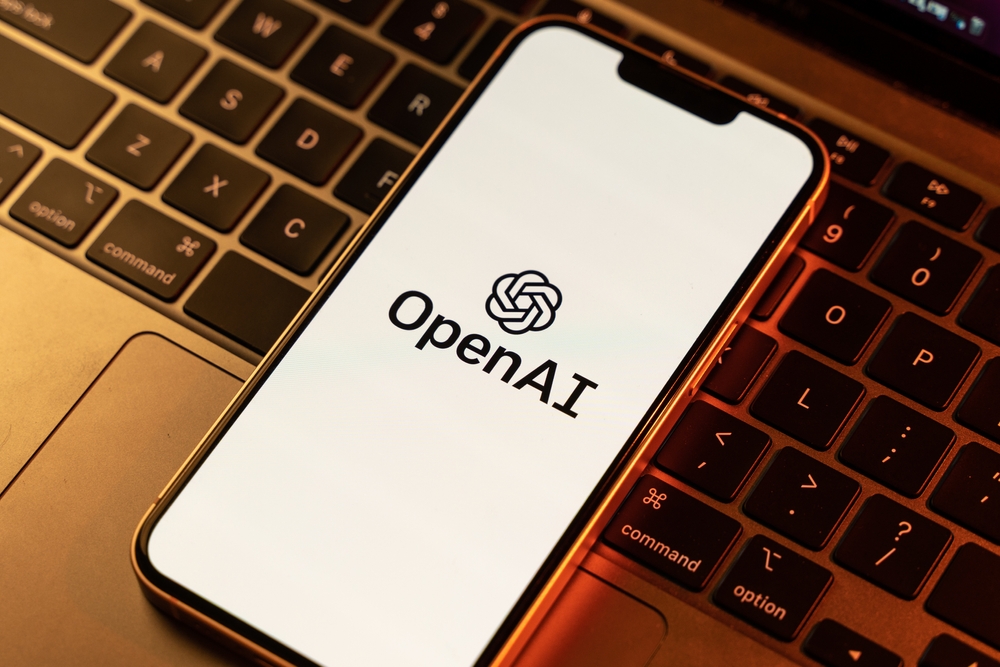OpenAI has announced plans to restructure its corporate model by creating a public benefit corporation (PBC) to oversee its growing business operations. This shift aims to remove the constraints of its nonprofit status while retaining a commitment to advancing charitable initiatives in health, education, and science.
PBCs, recognized by the government, combine a social mission with profitability. By law, they must pursue social or environmental goals alongside profit-making and report progress to shareholders every two years. This model will enable OpenAI to operate as a business serving both its financial backers and the broader public interest.

A Move to Attract Greater Investment
Founded in 2015 as a nonprofit focused on artificial intelligence research, OpenAI has evolved rapidly to become one of the world’s most valuable startups. Its latest funding round of $6.6 billion, valuing the company at $157 billion, highlighted the need for a more flexible corporate structure to attract substantial investment.
In a recent blog post, the company stated:
“We once again need to raise more capital than we anticipated. Investors want to support us, but at this scale, they want regular capital and less structured customization.”
By transitioning its for-profit arm into a Delaware PBC, OpenAI aims to secure funding “on normal terms,” aligning with practices seen across the industry.
Balancing Profit and Mission
While the PBC will manage OpenAI’s business, the nonprofit arm will continue focusing on charitable initiatives. Importantly, the nonprofit will also retain the option to purchase PBC shares, with pricing determined by independent financial advisors. This approach ensures that the organization can maintain its mission-driven focus even as it scales.
Competitors like Anthropic and xAI have adopted similar business models, suggesting a broader trend among AI companies seeking to balance profitability with public benefit, adds NIX Solutions.
OpenAI’s shift reflects the growing pressures on innovative tech firms to attract investment while remaining accountable to societal needs. We’ll keep you updated as more details about this transition become available.
